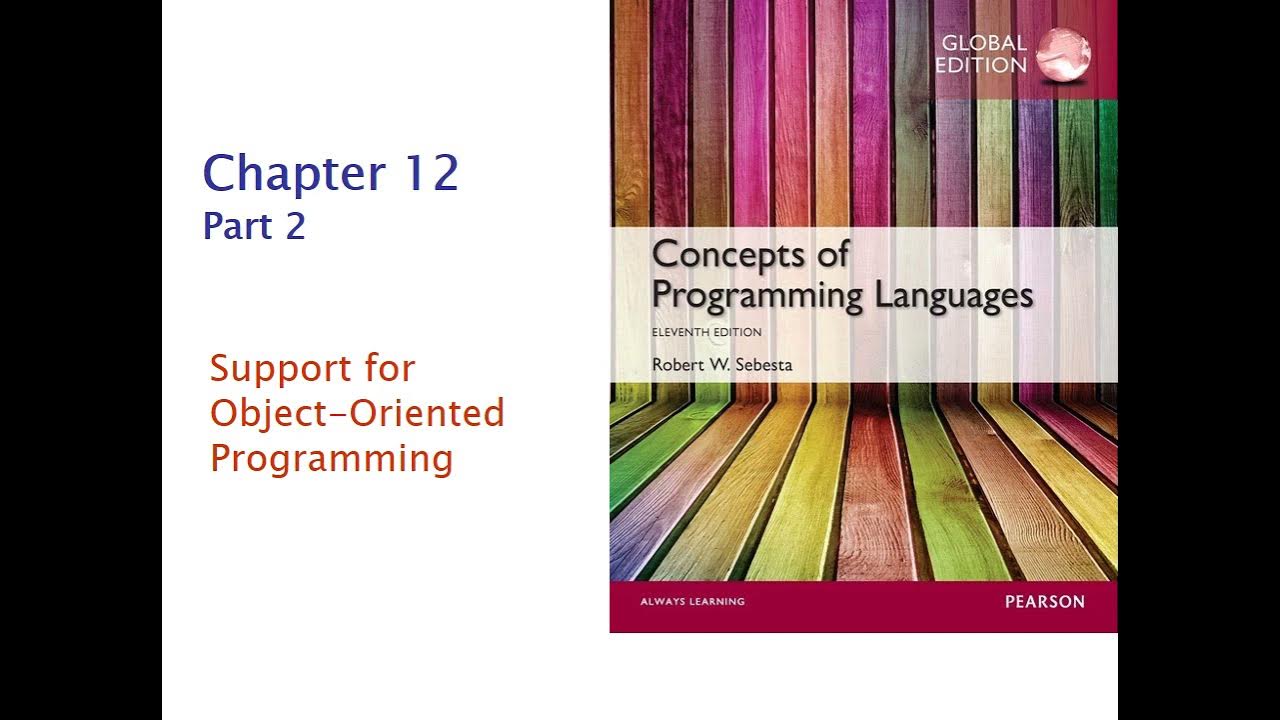C++ 00 | Mengenal Bahasa Pemrograman C++ | Before Koding
Summary
TLDRThis video introduces C++, a versatile programming language developed by Bjarne Stroustrup in the 1980s, building upon C and incorporating object-oriented programming features. The presenter discusses the history and evolution of C++, its key features such as multi-platform support and code reusability, and its applications in operating systems, desktop applications, embedded systems, mobile software, and game development. Emphasizing the importance of exploring C++ beyond academic tasks, the video sets the stage for future lessons on compiler installation and practical coding practices.
Takeaways
- 😀 C++ is a programming language that extends C, enabling object-oriented programming (OOP).
- 😀 The language was developed by Bjarne Stroustrup at Bell Labs in the early 1980s.
- 😀 C++ was originally named 'C with Classes' before being officially renamed in 1983.
- 😀 C++ supports various programming paradigms, including procedural and object-oriented programming.
- 😀 It is known for its efficiency, portability, and flexibility across different computer systems.
- 😀 C++ features around 48 keywords and allows for code reusability through libraries and header files.
- 😀 The first standard for C++ was published in 1998, which established a formal specification for the language.
- 😀 C++ is commonly used for developing applications, operating systems, and high-performance software.
- 😀 Key applications of C++ include desktop applications, microcontroller programming, mobile applications, and game development.
- 😀 Understanding C++ is essential for grasping core concepts in computer science and software engineering.
Q & A
What is the primary focus of this video series?
-The series aims to discuss the programming language C++ and help viewers understand its structures and applications.
Who developed C++ and when?
-C++ was developed by Bjarne Stroustrup at AT&T Bell Labs in the early 1980s.
Why was C++ created?
-C++ was created to add object-oriented features to the existing C programming language, enabling more complex software development.
What is the significance of the name 'C++'?
-The name 'C++' indicates an increment or advancement from the C language, with '++' being the increment operator in C.
What are some key applications of C++?
-C++ can be used to develop operating systems, desktop applications, embedded systems, mobile applications, and games.
What advantages does C++ offer over its predecessor, C?
-C++ offers faster execution, object-oriented programming support, code reusability, and multi-platform capabilities.
How does C++ support object-oriented programming?
-C++ supports object-oriented programming through features such as polymorphism, inheritance, and encapsulation.
What is the significance of C++'s standardization?
-C++ was standardized by ISO in 1998, establishing formal guidelines for its use and development, ensuring compatibility and consistency.
What is the importance of learning C++ according to the video?
-Learning C++ is important because it provides foundational knowledge of programming concepts and opens up opportunities to create complex applications.
What resources does the video suggest for learning C++?
-The video suggests using compilers like Cxxdroid for smartphones to practice C++ programming and encourages exploring practical projects.
Outlines

This section is available to paid users only. Please upgrade to access this part.
Upgrade NowMindmap

This section is available to paid users only. Please upgrade to access this part.
Upgrade NowKeywords

This section is available to paid users only. Please upgrade to access this part.
Upgrade NowHighlights

This section is available to paid users only. Please upgrade to access this part.
Upgrade NowTranscripts

This section is available to paid users only. Please upgrade to access this part.
Upgrade NowBrowse More Related Video
5.0 / 5 (0 votes)





